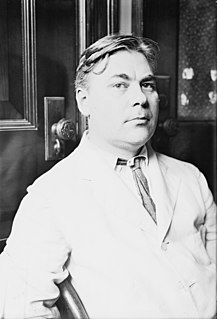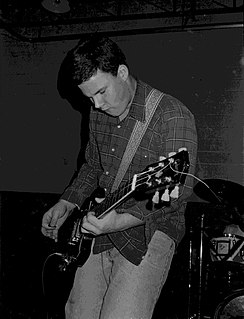A Quote by Wolfgang Schauble
Even when one is doing well, one still worries that things might go badly again in the future. This is an old observation based on human experience.
Related Quotes
Writing a novel - unlike operating a piece of heavy machinery, say, or cooking a chicken - is not a skill that can be taught. There is no standard way of doing it, just as there is no means of telling, while you're doing it, whether you're doing it well or badly. And merely because you've done it well once doesn't mean you can do it well again.
The human experience can almost be summed up in the observation that, whereas all decisions are of the past, all decisions are about the future. The image of the future, therefore, is the key to all choice-oriented behavior. The character and quality of the images of the future which prevail in a society is therefore the most important clue to its overall dynamics.
Sometimes when I'm going to sleep, I think, 'Oh God, my future husband is out there somewhere and I might know him, or I might not, and I wonder what he's doing and I wonder if he knows me.' I just always think that's so fascinating, that even when you were two years old, your future husband was out there somewhere.
Playing football and presenting TV are totally different things, but there are similarities: it's exciting, it can go well, it can go badly... the difference is when presenting goes badly, it doesn't really affect anyone's life, whereas when you have a bad day on the pitch, it affects people's moods for a whole week.
So much of our politics is stuck in patterns of response that aren't working. When student performance is declining in schools, we implement more controls, more testing, more "accountability," more rigor. We apply even more of those things, from security systems to control of students' behavior through pharmaceutical drugs. That's a situation in which doing is only making things worse. You may have to go through a phase of de-programming, letting go of old habits, coming to stillness, before you can even see what the pattern of action was, and what alternatives there might be.


































